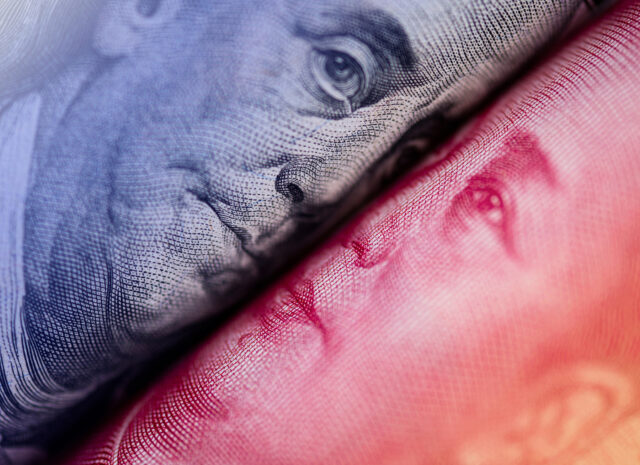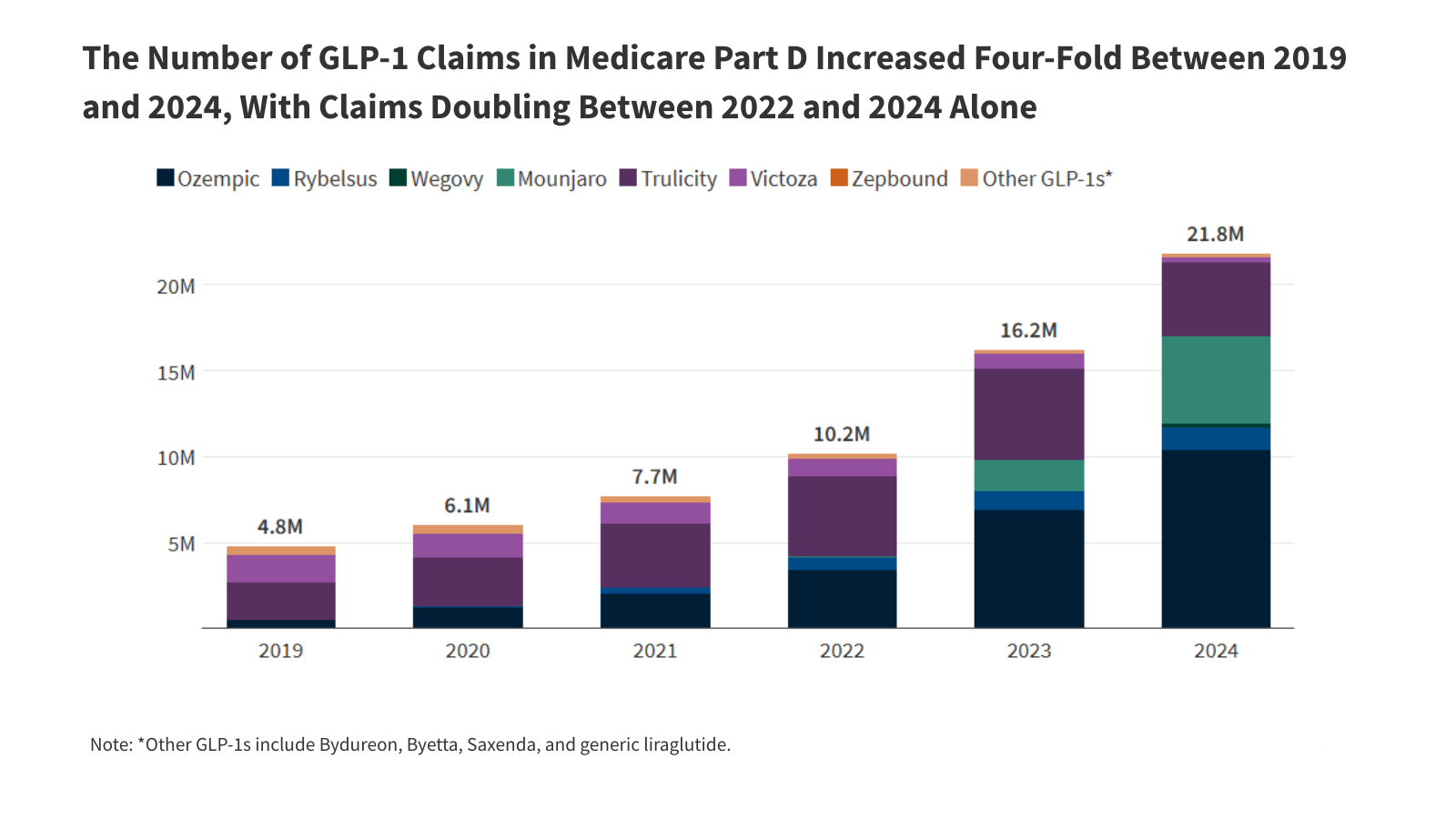Raucous debate clarified the national defense case for strategic tariffs, but it is very hard to argue for a world-wide tariff war.
In a recent blog, I pointed out that President Trump’s policies are undermining retirement security in three ways: disrupting Social Security’s ability to deliver services; reducing 401(k) asset values; and increasing layoffs and prices.
Setting aside Social Security, the economic risks mentioned are all related to tariffs. The question is whether it is worth making the economy and the markets tank? Tariffs are not my area, but I recently had an education from the “All In” podcast.
The episode, which certainly must be the most fun in town, featured smart, rich, pro-Trump hosts (Chamath Palihapitiya, Jason Calacanis and David Friedberg) on one side and their guests Larry Summers and Ezra Klein on the other. They were joined by former “All In” co-host David Sacks, currently on loan to the Trump administration as “White House A.I. & Crypto Czar.” It was a no-holds-barred exchange, among really well-informed people who all believe strongly in their views, and no one walked out. The country needs more of that kind of stuff.
The area of agreement seems to be that we are too dependent on China for things crucial to our national defense. As Kevin Hassett, Trump’s Director of the National Economic Council, put it recently, it’s hard to attack an adversary (hypothetically, say China if they were to invade Taiwan) with our cannons when we depend on the adversary for our supply of cannon balls.
The All In guys were focused on three main areas in this regard: 1) we need to control our supply of chips and the environment around artificial intelligence; 2) we do not have enough energy for our needs; and 3) we are totally dependent on China for critical earth minerals and magnets, which are essential for assembling everything from cars and drones to robots and missiles.
Although Summers and Klein may have agreed with these concerns, they were extremely dubious that moves to date were helpful in achieving these goals and very worried that Trump’s tariffs would throw the markets into chaos and the economy into recession.
OK, I get the national defense stuff and perhaps the need for some strategically-placed tariffs. What I don’t understand is the “they have been ripping us off for decades” argument for a world-wide tariff war. If we really have served as the world’s punching bag for the last couple of decades, then we should be bloodied and battered. Everybody else should be really rich, and we should be really hurting.
But that’s not what the data show. The most recent statistics from the International Monetary Fund place the U.S. second in terms of gross domestic product (GDP) per capita among countries with the largest economies; Switzerland is #1. (If the sample were not limited to the largest economies, countries like Luxembourg would also be ahead of the U.S.) The U.S. is 50 percent richer than Canada, twice as rich as Italy, and over six times richer than Mexico and China. In short, we’ve won in terms of total stuff per citizen.
Of course, it matters who gets the stuff. In that we have failed in two dimensions. First, the government did little to ease the transition of communities hard hit by imports. Hickory, North Carolina, like many other U.S. places heavily reliant on labor-intensive manufacturing, experienced significant job losses due to open international trade. The rest of the nation gained by access to inexpensive Chinese furniture, and we could have shared those gains with affected communities. Second, so much of our stuff goes to millionaires and billionaires, while the real wage of the average male worker has hardly increased at all. Such a skewed distribution of income and wealth both prevents half the population from sharing in the nation’s prosperity and puts political power in the hands of the few.
Neither of these problems can be fixed by tariffs.
Publisher: Source link









